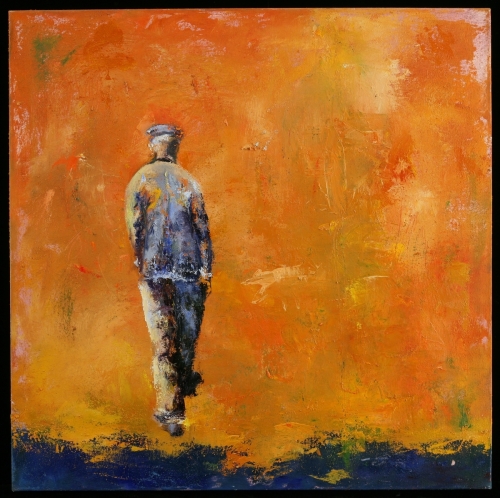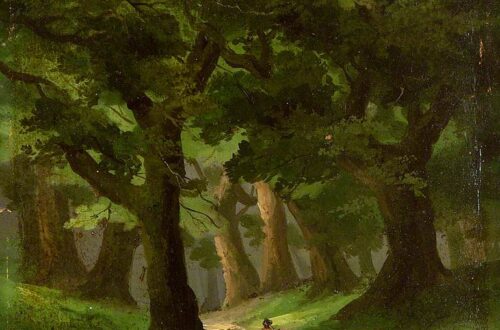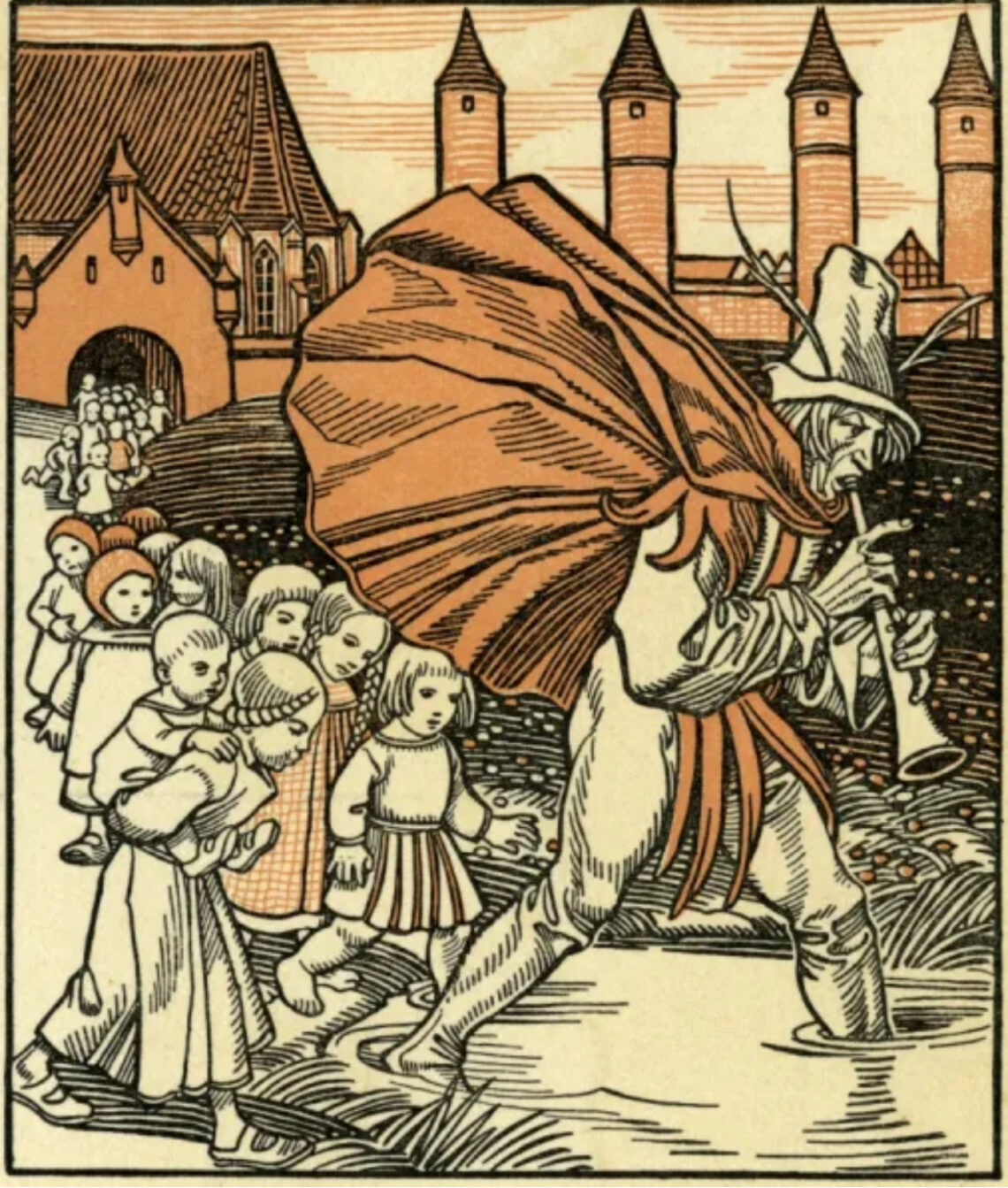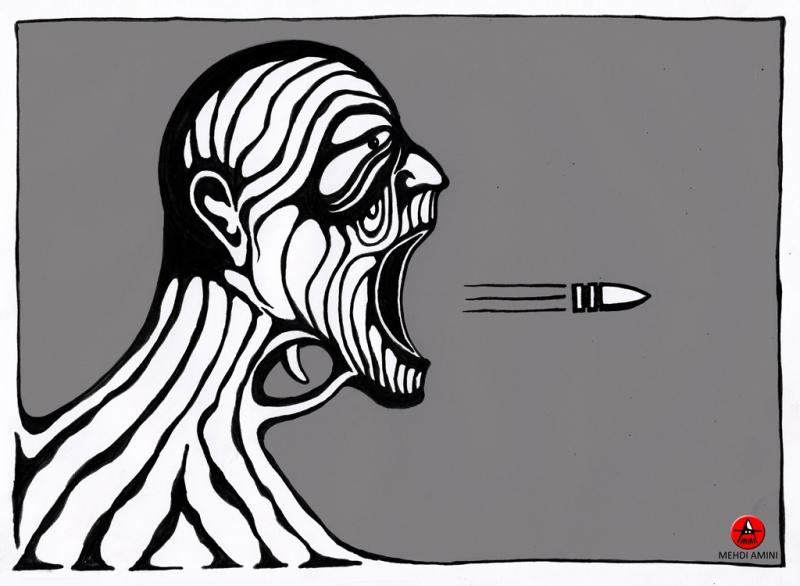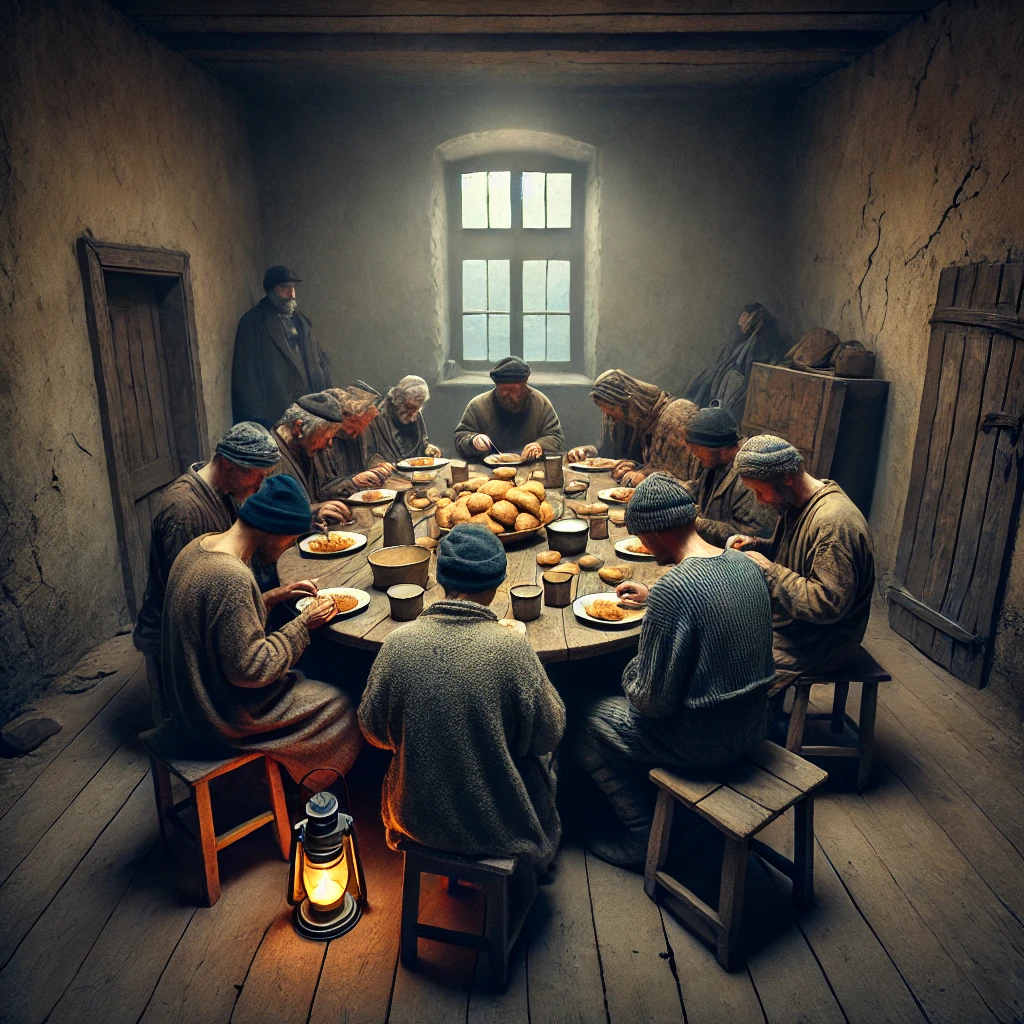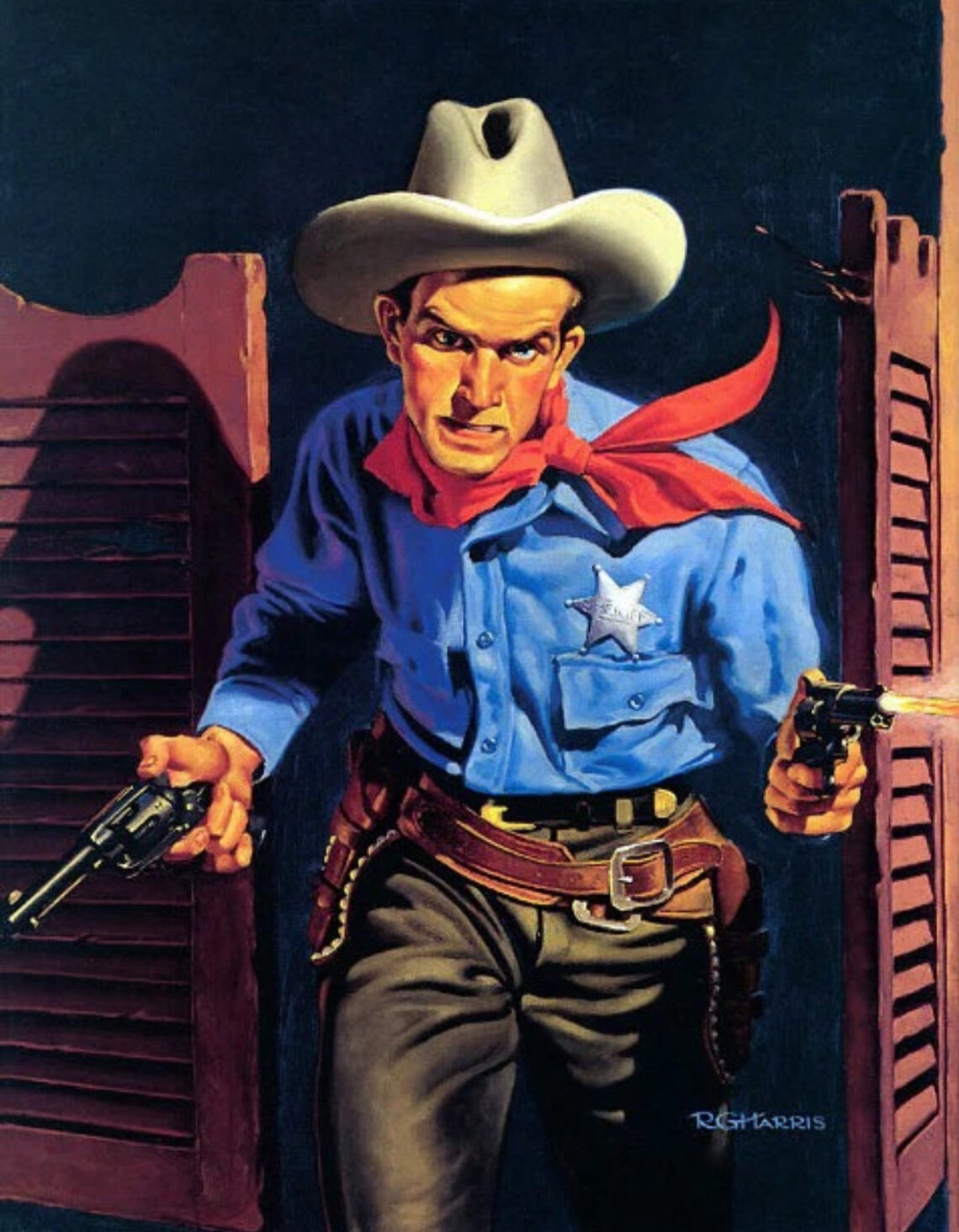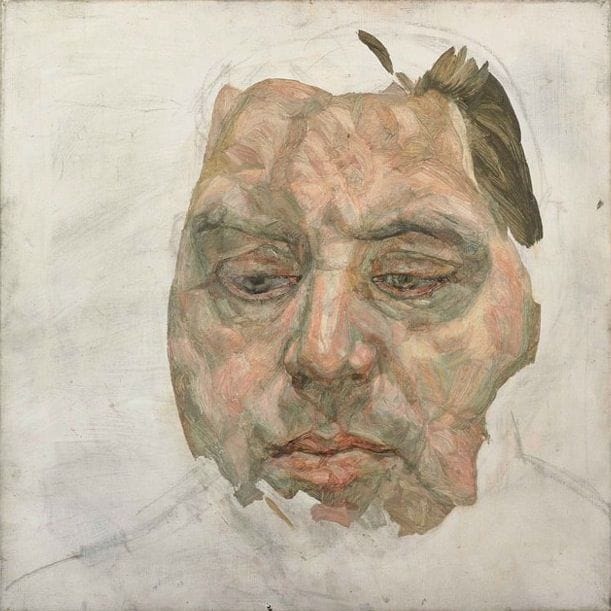Fred's Blog
-
2 Kings: A Closer Walk
As we grow older, our doctors begin visits with new questions. We are asked if we’ve fallen recently, feeling depressed or anxious, remember our medications, or struggle to follow conversations. It often feels like the beginning of a gentle but steady descent into the embrace of the inevitable. While dying is a universal experience, there are two extraordinary examples in the Old Testament where men—Enoch in Genesis and Elijah here—were simply taken up alive. Neither had final words or opportunity to reflect on the world they were leaving behind for their children. Neither had time to fulfill a bucket list. Enoch simply kept walking with God, and though Elijah’s departure…
-
1 Kings: The Idols of Old Men
A young friend asked me this week about growing older. I told him I was born to be old—these are the best years of my life. We get discounts, help with lifting luggage into overhead bins, respect, and a host of other advantages. But there’s a flip side to aging, especially for Boomers. Neil Howe writes in “The Fourth Turning Is Here” that some of us will become increasingly pompous, intolerant, uncompromising, and demanding. The real question, he says, is whether this generation will restrain its latent ruthlessness—or be restrained by others. If not, he warns, Boomers could become “the worst nightmare that could happen to the world.” Ruthlessness? Nightmare?…
-
2 Samuel: Wise Guys
He who seeks revenge digs two graves — Confucius There are a few figures in Scripture who grow on you with age. Perhaps, as we mature, we come to understand their circumstances more deeply—or maybe we find we have more in common with them. Our own experiences help explain their behavior. That has been the case for me with Ahithophel. When I first encountered his story years ago, my reaction was simple: “Oh, the traitor who committed suicide.” Yes, he did—but he was far more than that, and it’s the “far more” that interests me. When Absalom rebelled, his first call was to Ahithophel—David’s most devout friend and counselor. Surprisingly,…
-
1 Samuel: An Uncertain Trumpet
For me, the most riveting scene in “Braveheart” is the Battle of Stirling where William Wallace, greatly outnumbered by the English soldiers and cavalry approaching their position, says, “Hold.” Every Scot has their eyes on Wallace alone as he commands them to do nothing. It is difficult to watch as the English forces bear down on the line of defenders. “Wait,” he says time and again until the horses and riders are almost on top of the Scots and then he yells, “Now!” At that moment his men raise their long wooden pikes and impale horses and soldiers alike. The English retreat while the Scots rout and slaughter them. It…
-
Ruth: The Skeptic and the Saint
For me, the book is as much about Naomi and Boaz and how they respond to the hands they are dealt. Not a romance but a story of how two people salvage each other. This is an account that could be ours today. We, like Naomi, are sometimes forced into change with new circumstances but, instead of working out the way we hope, our lives may get worse and more complicated. At some point we learn we are not protected from reality. I have read commentators who see Naomi’s difficulties the same as she does – God’s hand against her for leaving. I don’t take it that way. When there…
-
Communion of the Saints
Eugene Peterson and Tim Keller shared two things in common: First, a commitment to a particular place and people. Second, being rooted in sources they interpreted for people unfamiliar with those texts. For Peterson, it was the Scripture and literature, and for Keller, it was the Reformers like Calvin, Owen, Baxter and Kuyper. Unlike some of their peers, they did not claim originality but drew from the wells of those who came before them. They saw themselves as part of a long tradition and unlike many today who paraphrase others without attribution or look to be original and quotable, neither Eugene or Tim failed to make their preaching and teaching…
-
Bare Ruined Choirs
In 1990, I participated on a panel hosted by a seminary to discuss potential futures for local congregations. One of the trends we explored was the decline of churches reflecting community and demographic changes. This was before the widespread church closings we’ve witnessed over the past twenty years. During our discussion on closures, a member of the audience—a CEO of a Fortune 100 company and a longtime leader in his denomination—argued there was no justification for closing a church, even if the congregation had dwindled to the point where maintaining the building was hopeless. He agreed it made sense to shutter a non-viable business or even a non-profit, but not…
-
Judges: God Only Knows
And now we see the consequences of a good man and fine leader leaving no successor. Think of it as a Western – Wagon Train with Eric Fleming and Clint Eastwood – strong leaders like Moses and Joshua. Then comes the transition to A Fistful of Dollars or The Good, the Bad and the Ugly. Moses and Joshua are gone, leaving the people to fend for themselves. They are scattered, vulnerable to attack, living in lawless, dry, windblown, and harsh territory. These are new arrivals, struggling to survive and subject to oppression by villains, unable to resist. Then, out of nowhere, a deliverer arrives – a flawed hero. He…
-
Joshua: Unfinished
Transitions from a founder to their successor are notoriously difficult, often fraught with challenges for everyone involved. Founders are frequently reluctant to leave, as their identity is deeply intertwined with the organization they created. Successors may struggle with self-doubt, and the people within the organization often feel torn between loyalty to the founder and adapting to the new leader. Sometimes they adjust, but other times they do not, resulting in simmering rejection. All of these factors can work against the success of the transition. However, some transitions work better than expected. For example, the transition from Moses to Joshua in the Bible was remarkable. While Joshua had doubts about himself,…
-
Deuteronomy: A Complete Surprise
It was said to me and I have passed it along many times to people leaving a job, “People will remember how you leave as much or more than what you did while you were there. Leave well.” There are several farewells in Scripture with the most memorable being Elijah’s departure in the fiery chariot but the longest is the parting song and speech of Moses. The whole book of Deuteronomy is a long farewell. I have often wondered why Moses bothered to take one last opportunity at the end of his life to instruct the Israelites. After all, for forty years they had been rebellious and stiff-necked. They…
